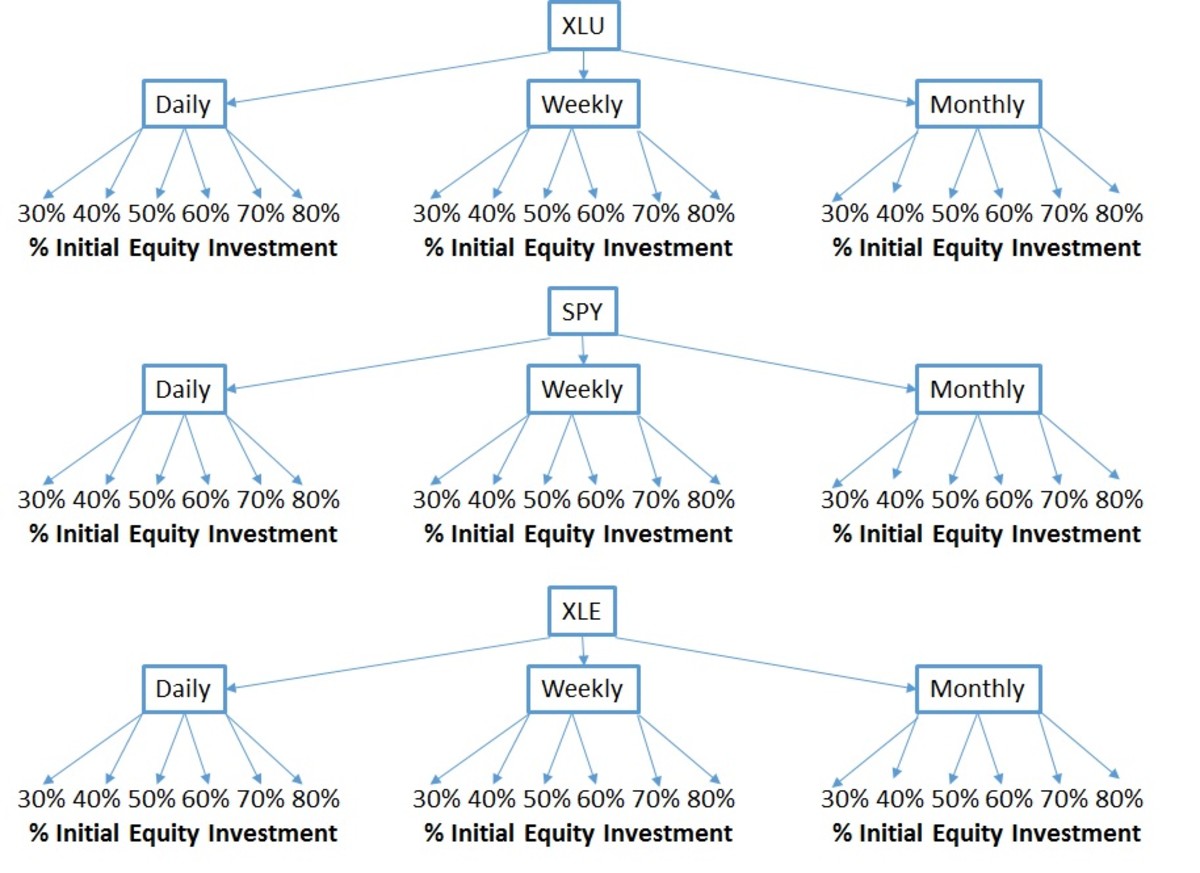Home Equity Line of Credit (HELOC) vs Home Equity Loan
HELOC or HEL
Mortgage lending has gone from one extreme to the other over the last several years. A few years back everyone wanted more money from their home, using it like an ATM. Now, too many people are missing out on one of the best financial planning tools in the toolbox.
The home equity line of credit (HELOC) and home equity loan (HEL) are powerful cash management tools. While I come from the position of “less debt is better,” I also understand the cash management needs of businesses and individuals. A HELOC, used correctly, can turn your short-term cash into high interest savings. There are potential tax advantages as well. There are also risks. I come from the Dave Ramsey school of thought and discourage debt. However, when debt is present, a properly managed HELOC or HEL can help pay down debt faster, thereby increasing net worth.
Small businesses need revolving lines of credit, too. Tax rules determined by your personal situation determine the best course of action. Since many business use a revolving line of credit rather than any sort of home equity loan, I will not cover the issue in this hub. However, a line of credit, whether collateralized by your home or any facet of your business, has many similar characteristics. This means a business has even more opportunities for high interest savings with working capital waiting for deployment.

HELOC and HEL Differences
There is one major similarity between the HELOC and HEL: your home as collateral. There are several differences you need to consider before choosing between the two lending vehicles. The HEL is more restrictive, but locks in the interest rate for a period of time. An HEL has higher closing costs than a HELOC with a set term to the loan. For example: An HEL for $100,000 at 6% has a monthly payment of $917 on a twenty year term. The best news about the HEL is that the interest rate is fixed for part or all of the term. If rates rise, you are protected.
The HELOC is more flexible with one major drawback. Closing costs are lower with a HELOC, but there is an annual fee. The fee is usually modest, $25 - $250 per year. You can dump all your excess cash into the HELOC, using it as a savings account. When you need the money, just draw it back out. This can add up to serious savings, more than you could earn in a guaranteed certificate of deposit. The big drawback of the HELOC is the interest rate. The rate is usually lower compared to an HEL, but the HELOC interest rates floats monthly. When rates rise, you will feel the effect immediately. By way of comparison: the above example of a $100,000 loan at 6% would have a minimum monthly payment of $500. The HELOC has a minimum payment of interest only. As you can see, a solid financial planning tool if used correctly.
Benefits of the HELOC and HEL
Let me start with the negative: interest. Regardless the loan you choose, you are still in debt and must make payments in good times and bad. Before entering into a loan, think long and hard about the consequences, including changes to your current life situation: death, divorce, loss of job, and disability are a few to consider.
The main benefit is potential tax deductibility of the interest. There are limits to the tax benefits, but if you already itemize there is a good chance you can deduct the interest. If the HELOC or HEL is more than $100,000 there are certain limitations. Talk with your tax advisor.
Each loan allows you to reduce or eliminate other high interest forms of borrowing. The flexibility of the HELOC allows active management of your finances. Student loans are restrictive and the HELOC and HEL can provide greater advantages. If you use one of these loans to pay off credit cards or other high interest debt, please do not re-dig the hole. The housing crisis was accentuated by the revolving spending placed on HELOCs and HELs.
HELOC or HEL
Which applies to you?
Which One Is Better?
Your personal situation will dictate whether a HELOC or HEL is better for you. The HELOC provides greater flexibility and is more attractive to many. However, the level of debt and the trend in future interest rates are issues to consider. I personally think it is better to work with a small local bank or credit union. Smaller lending institutions can personalize your loan to your specific needs and are generally have lower fees.
Money Merge Mortgage Account
Costs
Either loan will have some closing costs, notable an appraisal fee. The interest rate on the HELOC and HEL are usually higher than on a first mortgage. The HELOC interest rate will fluctuate while it is possible to fix the interest rate of an HEL, allowing for better family budgeting.
The HELOC has an annual fee that adds to the cost. It is normally low, but ask before you sign. Some lenders charge significant fees. Ask about other fees the lender has. Each lender sets its own fee structure and surprises are never to your advantage.
Before signing, consider having your accountant or attorney review the document. The cost is nominal and a professional is not personally vested so they will make more objective decisions. Their advice could save you serious money.
Here is a chart to visualize the HELOC compared to the HEL.
HELOC and HEL Compared
Home Equity Line of Credit
| Home Equity Loan
| |
|---|---|---|
What is it
| Revolving loan
| Amortized loan
|
Qualifications
| Home with equity and steady income
| Home with equity and steady income
|
Payments
| Interest only
| Principle and interest
|
Term of loan
| Annual renewal
| Fixed term determined at inception
|
Closing costs
| Low, but annual fee
| Lower than 1st mortgage, but higher than HELOC
|
Money received
| Draw as needed
| Lump sum
|
Interest rate
| Variable, can adjust monthly
| Fixed or adjustable
|
Taxes
| Interest possibly deductible
| Interest possibly deductible
|









